Radar
A contact intelligence tool that grows your business by leveraging company-wide interaction data and the power of RelSci relationships.
Relationship intelligence automation powered by your existing workflow
Radar allows you to integrate your existing relationship intelligence automatically and without friction based on your daily interactions with email and calendar invites.
Easily monitor your relationships for better business development
Easily calculate who knows whom and how you are interacting with your best prospects and clients. Radar runs in the background, monitoring your relationships, allowing you to focus on revenue generating activity.
Boost and enhance your network and relationship mapping with Radar
Radar integrates within your internal email exchange systems in order to boost and enhance your network and relationship mapping. Running in the background, this integration automates your relationship intelligence and takes your existing network to the next level.
 Security FAQs
Security FAQs

Radar uses the Microsoft Graph API to connect and request data from Microsoft Exchange. The API library is maintained by Microsoft.
Radar supports both OAuth and Basic authentication methods.
Note: Older versions of Exchange do not support OAuth.
The output of Radar is used to enhance your experience with RelSci. Radar does not do anything else with your scanned emails.
We never share your data with any external third party in any way or form. Your data is only shared with other designated users at your organization. If you’d like to adjust these internal sharing settings, please contact your Client Support representative.
Radar’s access to specific mailboxes is granted/revoked based on membership in a designated Distribution List.
Radar is granted access to members of the Distribution List of your choice via Application Impersonation. You can find details on how to set this up in the Installation Guide.
Exchange items are designated as one of the following types:
- EmailMessage
- Contact
- Appointment
During the setup process, you will be asked to select which item types you would like to scan. This setting can be changed later and will only effect incoming data.
The Exchange API allows Radar to specify only relevant data elements. Each type of item has a separate set of elements that can be requested.
The following data elements are requested for all item types:
- Id
- DateTimeCreated
- Sensitivity
All client data is encrypted at rest and in transit.
- At Rest – Microsoft TDE
- In Transit (local network) – AWS Nitro instances
- In Transit (external network) – SSL
RelSci Account Passwords
RelSci logins are one-way hashed to prevent exposure in the unlikely event of a breach.
Radar Credentials
Radar credentials must be used when making Graph API calls, so they cannot be one-way hashed. However, Radar credentials are encrypted by an AWS-managed key prior to storage in our database.
Therefore, in the unlikely event of a breach of our database, this would not result in a loss of your Radar credentials because they will still be encrypted by the AWS managed key. Similarly, a breach of our AWS-managed key will not result in a loss of your Radar credentials because they are still encrypted at rest.
Access to this key is granted only to the specific AM roles of the machine instances that need to use the key and who have received all appropriate training. Use of the key is logged.
Please see our Privacy Policy on the RelSci website.
Yes, Radar is GDPR and CCPA compliant. Data protection/privacy laws do at times change but we have a dedicated internal and external resource tracking changes and to ensure that Radar remains lawful to legislation for both the UK and internationally.
Our Privacy Notice addresses this. We delete personal data when we no longer have a lawful basis for processing it.
No it does not.
Radar is multi-tenant.
No it does not.
